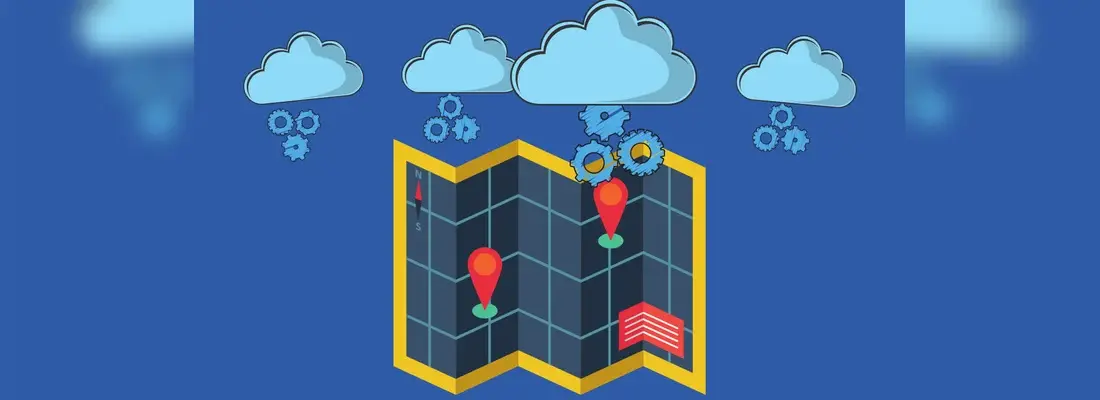Date: 20 April 2024
The Most Typical Phishing Attacks in the Gaming World
Remember, the gaming world is full of challenges and adversaries, both in-game and out. Armed with knowledge and safe online practices, you can avoid the pitfalls of phishing scams and continue to enjoy the vast, exciting universe of gaming.
- Fake game updates: Bogus update alerts can sometimes imitate official messages, redirecting you to malicious sites that may interrupt your device's security.
- Impersonation of gaming officials: Scammers may use different methods, such as acting like customer support or pretending to be officials from popular gaming platforms, to obtain players’ personal information or account details.
- Exclusive in-game offers: Falling for this bait can lead you to enter your login information into a non-existent, fake website. The malicious website can then use your credentials to compromise your device and data.
- Tournament phishing scams: Participating in fake tournaments under the promise of attractive prizes may result in your personal data being stolen.
How to Protect Yourself
Phishing scams in the gaming community exploit the trust and enthusiasm of players. However, by staying informed, vigilant, and connected, you can significantly reduce your risk of falling prey to these digital predators.
- Check the source: Take measures to verify the sender's email or the message's origin—every single time. You can use online services like FreePeopleSearch for this. Credible information will be sent from a recognized and authorized entity.
- Look for red flags: Phishing attacks typically demonstrate incorrect grammar, spelling mistakes, and a quick call to action, such as “act fast, or your account will be locked out.”
- Question the offer: If it looks like a cat, it probably is. Real offers from gaming companies will not require your confidential data in emails or message texts.
- Use secure connections: Make sure the webpage you are visiting utilizes a secure protocol (HTTPS), and look for the lock icon in the address bar as an indicator of security.
- Apply strong, unique passwords: For each of your gaming accounts, create a strong, unique password that can't be guessed by others. Try a password manager to keep them organized.
- Enable two-factor authentication (2FA): Many gaming platforms offer 2FA, which increases the protection level of your accounts.
- Keep software updated: Keep updating your gaming software and gadgets for protection against ever-evolving threats.
- Educate yourself: Stay current on the most recent phishing methods and share this information with the community.
What to Do When You Spot a Phishing Attempt
If you face a phishing attack, then taking action promptly helps not only yourself but also the whole community at risk. Here’s what you can do:
- Don't click on any links or download files from sources that seem suspicious.
- Inform the gaming platform or service provider about the phishing attempt. Many companies have dedicated channels for reporting such issues.
- Share your experience with your gaming friends and community to raise awareness and prevent others from falling victim.
The Community Shield
The main phenomenon of the gaming community is not only the shared passion for gaming but also the community's ability to unite and fight against a common enemy. Online gamers can safeguard themselves from phishing by creating a collective shield where they share information and resources about cybersecurity. Community forums, social media groups, and gaming conventions are good platforms for creating awareness and exchanging tips on cybersecurity best practices.
To wrap up, navigating the gaming universe demands caution against phishing scams. Equipped with the right information and safe online habits, players can defend themselves against hidden dangers. United, gamers can transform the digital environment into a fortress of safety, preserving the essence of competitive fun and camaraderie.
.webp?width=1170&name=225127968_m_normal_none%20(1).webp)






.webp)
